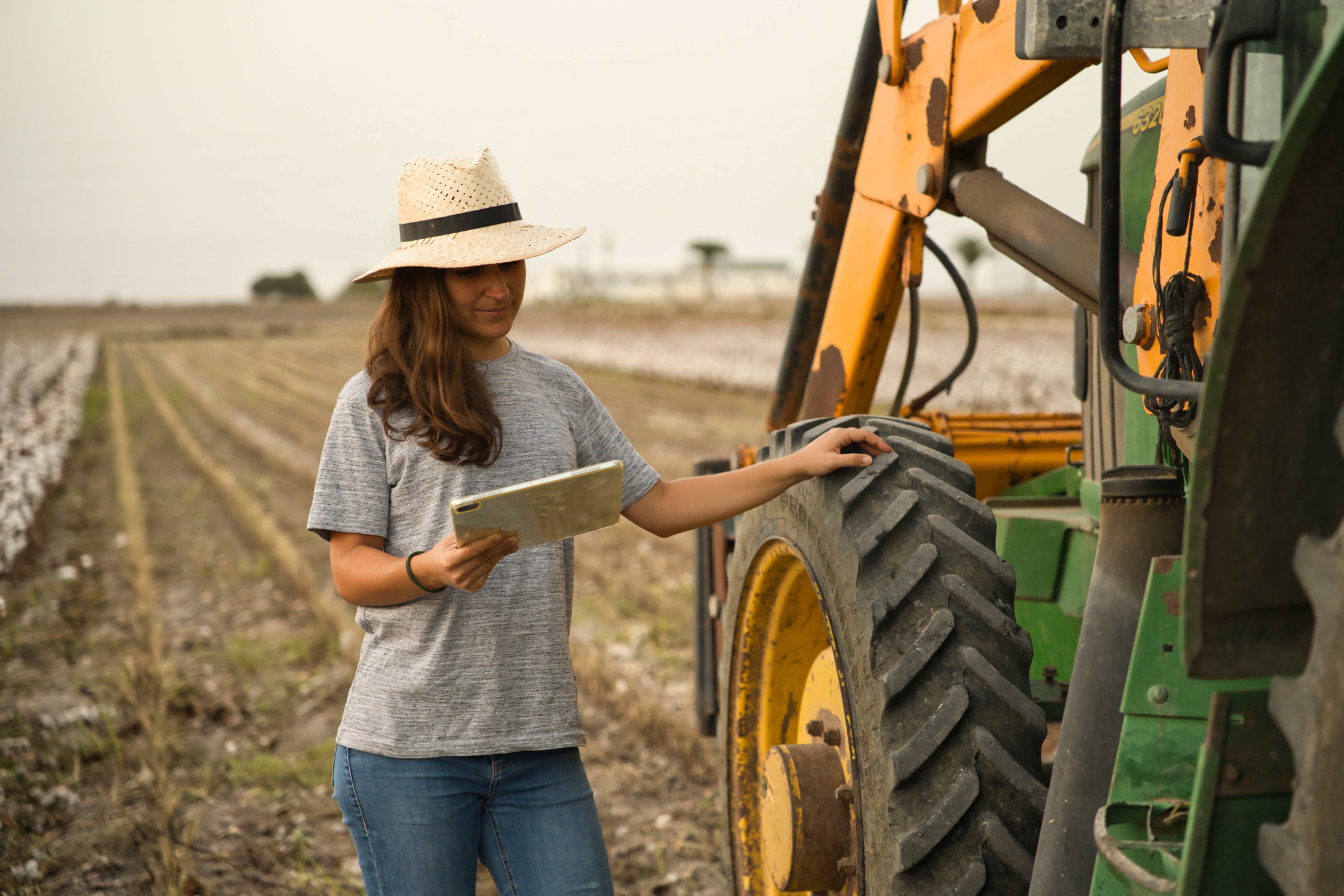
Latest information

Rural opportunities as an economic engine in Galicia.
Agriculture and livestock: tradition and modernity
Agriculture and livestock have been pillars of the Galician economy for centuries. With a vast expanse of fertile land and a favorable climate, Galicia is ideal for the production of a wide variety of agricultural products. Galician dairy products, quality meat and seafood are renowned both in Spain and abroad. The implementation of new agricultural technologies, such as precision agriculture and the use of drones for crop monitoring, can significantly increase productivity. In addition, organic and sustainable production is booming, with an increasing demand for organic products and new functional ingredients both nationally and internationally.
Livestock farming can also benefit from the integration of advanced management systems that improve animal welfare and production efficiency. Quality and origin certification initiatives, such as the prestigious Galicia Calidade seal, can add value to Galician rural products, making them more competitive in global markets.
Rural tourism
Rural tourism continues to be another sector with enormous potential in Galicia. The development of tourism infrastructure in rural areas, such as rural accommodations, restaurants and outdoor leisure proposals (hiking, cycling, wine routes, etc.), can significantly stimulate the local economy. In addition, the promotion of authentic cultural experiences, such as traditional festivals, craft workshops and local gastronomy, can attract a segment of tourists in search of unique and enriching experiences.
Sustainable and environmentally friendly tourism not only preserves Galicia's natural beauty, but also fosters equitable economic development, ensuring that the benefits of tourism reach local communities.
Renewable energies: A green future
Galicia has great potential in the field of renewable energies. With an extensive coastline and constant winds, the region is ideal for wind energy. Rivers and reservoirs allow significant use of hydroelectric energy. Solar energy, although less exploited, also presents significant opportunities, especially with the advance of photovoltaic technology.
Investment in renewable energy projects not only contributes to environmental sustainability, but also generates employment and boosts the local economy. The creation of wind farms, hydroelectric and solar plants can transform rural areas, providing additional income and improving local infrastructure.
In this context, the Xunta advocates the development of an integrated and responsible industrial policy strategy to make a sustainable use of the natural resources of Galicia, with the promotion of the draft Natural Resources Law. This legislation will help to revitalize the rural environment, since the location of business projects of common interest that have a positive impact on the territory will help to combat depopulation, the degradation of natural areas and will help to combat the effects of climate change. In short, it will increase the resilience of the rural environment itself, but also that of society as a whole, since the projects will facilitate social revitalization, not only through direct employment, but also through the compensation that will be established.
Entrepreneurship and SMEs: Innovation and Growth
The promotion of entrepreneurship in rural areas is essential to take advantage of their full economic potential. Small and medium-sized enterprises (SMEs) are the main engine of the Galician economy, and the rural environment offers a fertile field for their development. Initiatives to support entrepreneurship, such as business incubators, training programs and access to financing offered by the Xunta stimulate the creation of new companies in diverse sectors such as technology, biotechnology, tourism and sustainable agriculture.
In addition, the digitization of rural areas is crucial. Improved internet connectivity and access to digital technologies allow rural businesses to compete on a level playing field with urban ones. Teleworking and e-commerce platforms open up new opportunities for rural entrepreneurs, facilitating the sale of products and services to a global market.